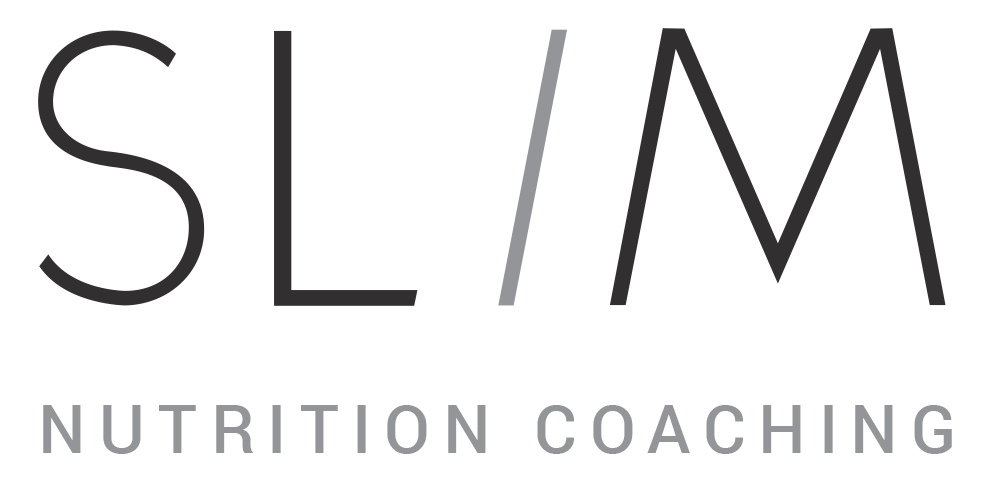Vitamins and Minerals for Immunity
Does the drop in temperature, during the winter months, leave you with constant sore throats and runny noses? In this blog I will discuss some specific vitamins and minerals that are working for your immune system and how you can incorporate them through natural foods in your diet.
Vitamin C
First up on the list is the most commonly known vitamin to fight infection. You might’ve heard your mom nagging you to eat more oranges when you get sick, or increase your vitamin C intake. Well she is correct! Vitamin C is a powerful antioxidant that protects white blood cells from harmful substances in the body. Foods that contain vitamin C include spinach, kiwi, strawberries, and bell peppers.
Vitamin E
Vitamin E is a fat soluble vitamin which means it can dissolve in fats and oils. Vitamin E is responsible for helping the growth of T cells. T cells help us fight off infected cells and continue to activate other immune cells. In addition, vitamin E has antioxidant properties meaning it aids in healthy hair and skin growth by preventing cell damage. Foods that contain vitamin E include nuts like almonds, avocados, sunflower seeds and broccoli.
Zinc
A mineral that supports our immune system is zinc. When you are deficient in zinc, you prevent the growth of antibodies and immunological functions. Antibodies allow us to signal our immune system to get to work when there are foreign viruses and bacterias present in our body. Zinc is important for cellular functions like cell activation, division and DNA replication. Common foods with zinc include oysters, red meat, pumpkin seeds, whole grain cereals and nuts like almonds and cashews.
Vitamin D
Vitamin D is another vitamin which is crucial for a strong immune system. Research shows that there have been multiple studies linking low vitamin D levels with increased infections. Vitamin D is a fat soluble vitamin that helps the body absorb and retain calcium and phosphorus. Our body can also make vitamin D naturally from sun exposure and ultraviolet rays. However, many people do not get sufficient levels because they live in areas with limited sun or tend to stay indoors. Therefore, it is important to incorporate vitamin D in your diet from foods like fortified milk, oily fish like salmon, sardines, herring and red meat.





